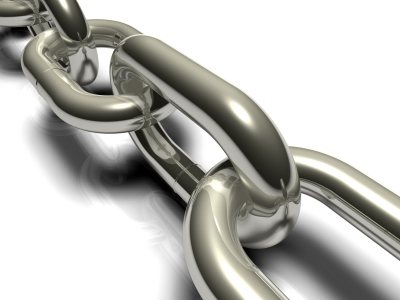Today’s Renaissance
While reading chapter four about the main themes of the Renaissance movement, I realized there are a few parallels between that time frame and today’s U.S. and Christian cultures. Let me explain:
1. Those in Renaissance times had an extreme interest in human beings (humanism), particularly the potential of said humans (individualism). It seems an interesting dichotomy to be intensely interested in humans, yet consumed by what an individual can do. However, this dichotomy is still evident in our culture today. It seems that Americans are constantly being fed the message that we are invincible; we can do anything and go anywhere, so long as we put our mind to it. Also, we are told we need to strive for our absolute best, without regard to any repercussions such a task may have on others, or on our personal health. I confess I am a victim of over-committing, and leave little time to consider why I do it all and how it all affects myself and others.
2. Another parallel I noticed was between the Renaissance idea of personal religion and some of today’s Christian principles on the same topic. Despite of what little I have seen in my life and what little I have read about the Renaissance’s standing on this topic, I still see the similarity of both eras wanting “religion to be more personal and less formal and ritualistic” (Hergenhahn, p. 99). The Renaissance period wanted religion to be personally experienced; I argue that some of today’s Christian churches are challenging believers to examine what they believe and why they believe it, in order to deepen their personal relationship with Christ.
I realize the latter part of the above parallel depends on one’s religious preference, and I have no intention of coming across as ignorant or oblivious to others’ beliefs, but these reflections are solely based on my own observations and few experiences with my beliefs.

